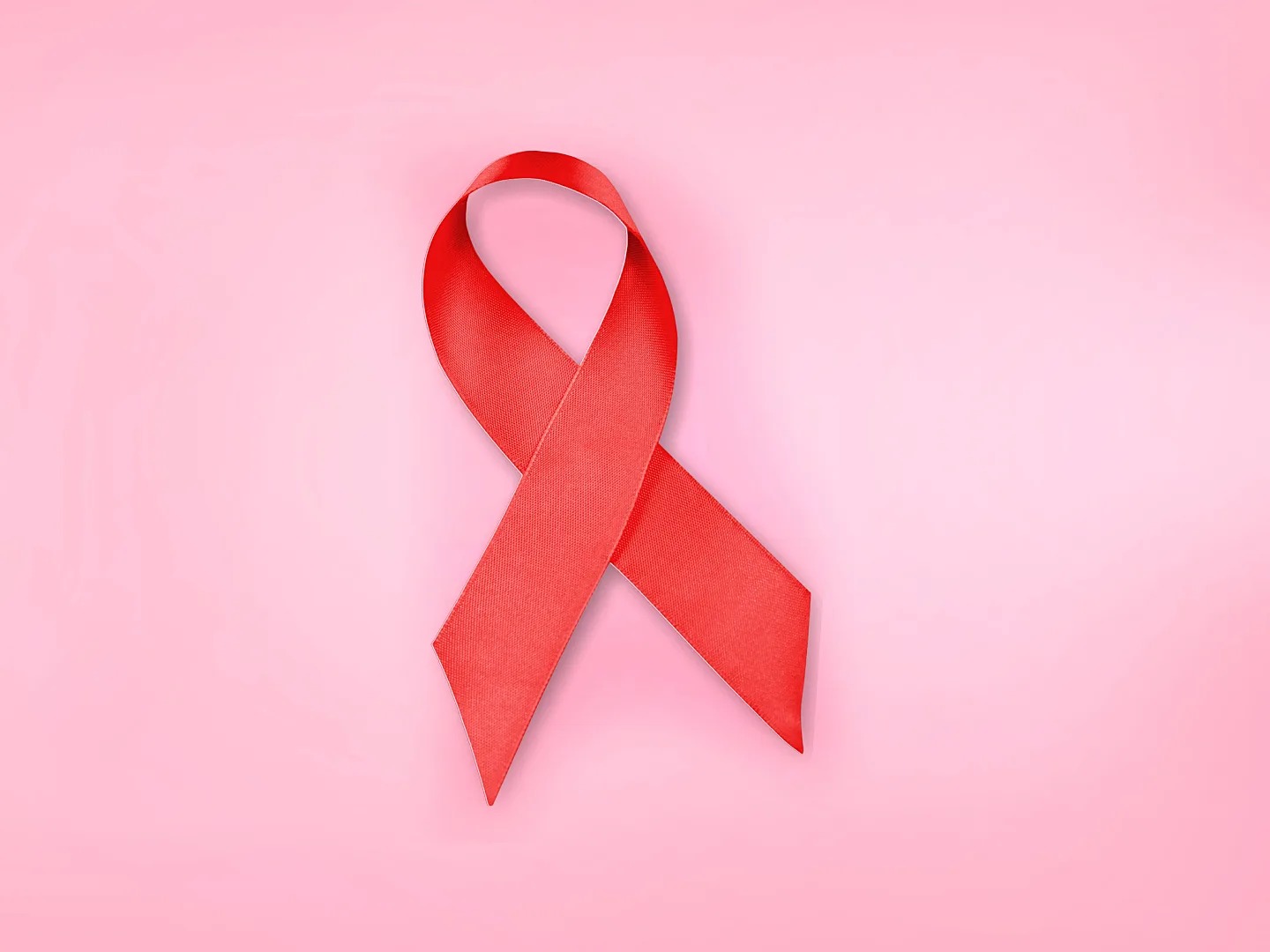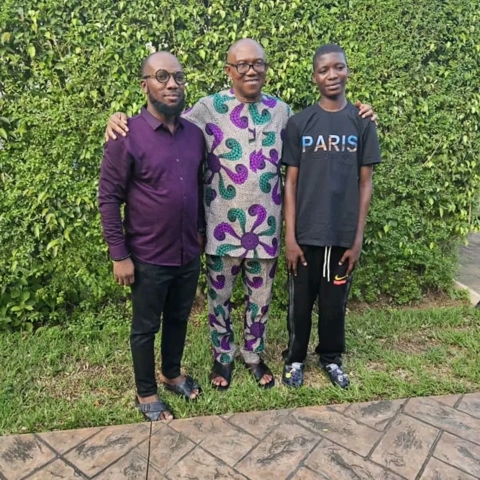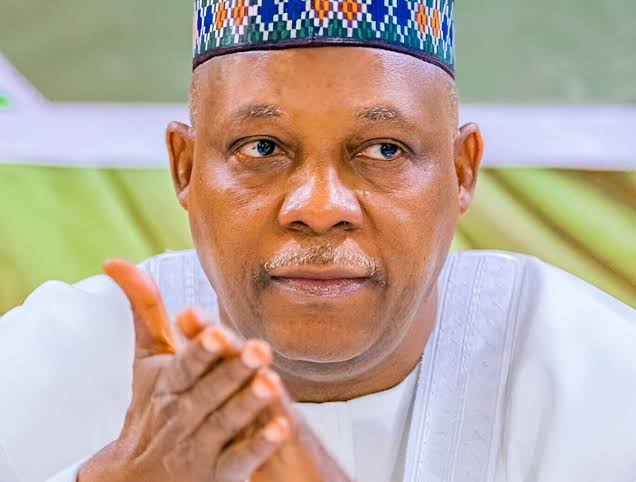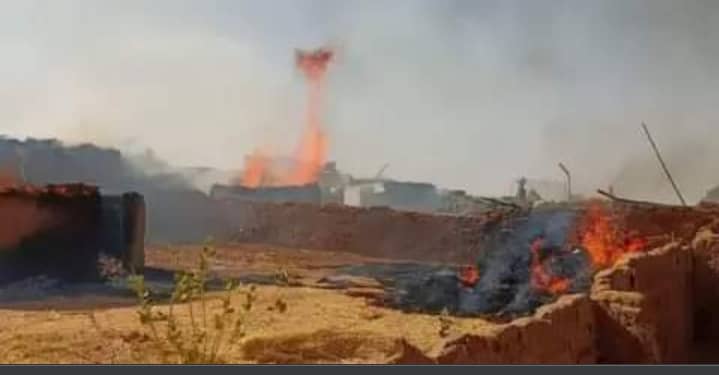NIGERIA: Trump’s HIV Aid Freeze Sparks Global Health Concerns – WHO

By Onoja Baba, Nigeria
The World Health Organisation (WHO) has raised alarm over the potential health crisis that could arise following the suspension of Human Immunodeficiency Virus (HIV) funding by the United States under the administration of President Donald Trump.
The funding freeze, which directly affects low- and middle-income countries, threatens access to life-saving HIV treatment for millions.
With approximately 39.9 million people living with HIV globally as of the end of 2023, WHO warns that the abrupt halt in funding could significantly increase illness and mortality rates, especially in developing nations.
Reports indicate that organisations receiving U.S. assistance have been instructed to halt the distribution of HIV medications purchased with American aid, even if the drugs have already been shipped to local clinics.
The directive is part of a broader foreign aid suspension initiated last week.
In a statement issued on Tuesday, WHO highlighted the far-reaching consequences of the funding pause, warning that it could reverse decades of progress in HIV prevention and treatment efforts.
“Such measures, if prolonged, could lead to rises in new infections and deaths, reversing decades of progress and potentially taking the world back to the 1980s and 1990s when millions died of HIV every year globally, including many in the United States of America,” the WHO statement read.
The organisation emphasised that the freeze could jeopardise key advancements in global health, including innovative diagnostics, affordable medicines, and community-driven HIV care models.
WHO called on the U.S. government to implement exemptions that would ensure the uninterrupted supply of life-saving treatment.
The funding suspension directly impacts the President’s Emergency Plan for AIDS Relief (PEPFAR), a pivotal initiative in the global fight against HIV/AIDS.
Established over two decades ago, PEPFAR has been instrumental in providing HIV treatment to over 20 million people worldwide, including 566,000 children under 15 years of age.
The programme operates in more than 50 countries and has reportedly saved over 26 million lives since its inception.
According to WHO, the funding cut jeopardizes efforts to transition HIV treatment programs to national ownership, a strategy that has been in the works to ensure sustainability beyond 2030.
“A sudden and prolonged stop to programmes does not allow for a managed transition and puts the lives of millions at risk,” WHO cautioned.
categories
recent posts

NIGERIA: UTME Begins April 24 As JAMB Adjusts Schedule

NIGERIAN: Police Extradits Murder Of First-Class Student

NIGERIA: Peter Obi Meets Imprisoned Teen Supporter, Quadri, Vows To Sponsor His Education


